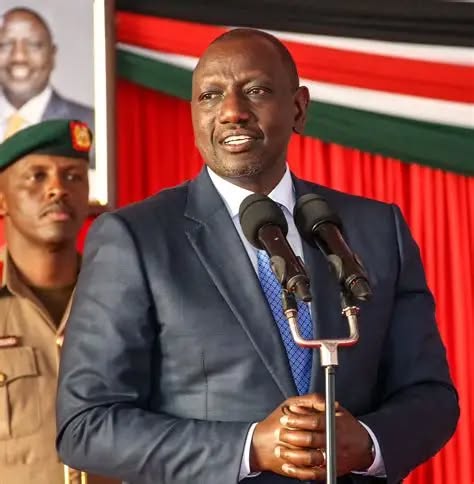Government formulates regulations to curb exploitation of the publics by some NGOs

The President William Ruto’s administration is conducting public participation to make into law and implement the Public Benefits Organisations Regulations Act.
According to the Public Benefits Authority chief executive officer (CEO) Dr Laxmana Kiptoo said once the Act becomes law it will solve issues of registration, deregistration, internal organisation conflicts and curb members of the public from exploitation.
“Any Public Benefits Organisations will be required to strictly adhere to its establishment’s objectives as entailed in their proposals and so, they must do what they said they will do with the money received from donors. We are also on a sensitisation to NGOs so that they are not prone to money laundering and enticement onto sponsoring terrorism activities,” Kiptoo said at Kamunde Hall in Meru County on Monday.
He said, not that PBOs are directly involved in money laundering but theirs is a precautionary measure, because Kenya was recently added to the Financial Action Task Force (FATF) grey list in February 2024, indicating ongoing concerns about its effectiveness in combating these issues.
Kenya is working to implement reforms and address the FATF’s concerns due identified significant gaps in Kenya’s ability to fight money laundering and terrorism financing.
The FATF cited issues such as insufficient prosecution of money laundering and terrorism financing cases, lack of regulations for cryptocurrencies and non-profits, and a lack of a robust risk-based approach to AML/CFT.
The PBO Act seeks to create a more robust and accountable framework for non-profit organizations in Kenya, fostering transparency, good governance, and a conducive environment for their operations.
The PBO Act outlines the process for registering PBOs, including requirements for submitting various documents like the organizations constitution, founder details, and the nature of its public benefit purposes.
Dr Kiptoo said the regulations will also address conflict of interest situations, requiring individuals with conflicts to disclose them to the organization’s governing body or the dispute resolution tribunal formed by Chief Justice Martha Koome.
Dr Kiptoo said some of the public benefit activities, include those related to economic empowerment, environmental, social, or cultural development, environmental protection, and lobbying on public interest issues.
“There will be no more briefcase or mushrooming NGOs. The regulations will streamline and ensure there is no duplication in the sector,” Dr Kiptoo said.

